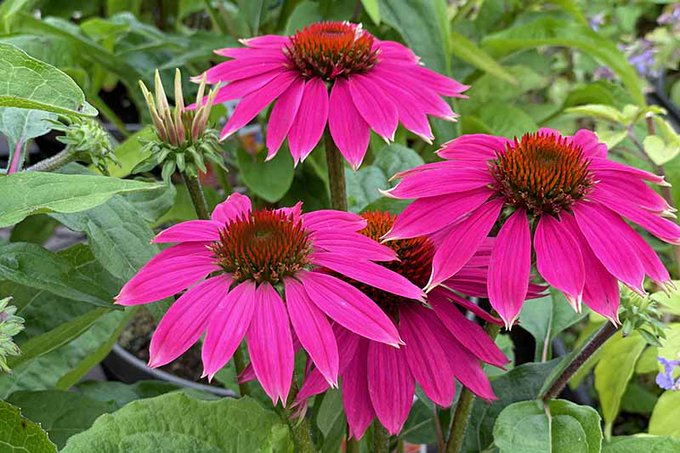 |
| Liquorice seeds Kashmir |
Liquorice (or licorice) plants are known for their medicinal and flavoring properties and have been cultivated in various regions worldwide. In Kashmir, liquorice is of particular interest due to its traditional uses in local medicine and cuisine.
Liquorice in Kashmir:
Botanical Aspects:
- Scientific Name: Glycyrrhiza glabra
- Habitat: Liquorice grows in a variety of climates but thrives in regions with well-drained soil. In Kashmir, it is often found in the foothills and in areas with a temperate climate.
Uses:
- Medicinal: Liquorice root is used in traditional Kashmiri medicine to treat respiratory issues, digestive problems, and skin conditions. It has anti-inflammatory and soothing properties.
- Culinary: The root is sometimes used as a flavoring agent in local sweets and beverages.
Cultivation:
- Climate: The climate of Kashmir is generally favorable for liquorice cultivation, especially in areas with a temperate climate and well-drained soil.
- Care: The plant requires moderate irrigation and benefits from a sunny to partially shaded environment.
Economic Importance:
- Liquorice cultivation in Kashmir can be economically beneficial due to its demand in both local and international markets. The roots are harvested after about 2-3 years of growth and are processed for various uses.
Cultural and Historical Context:
- Traditional Medicine: Liquorice has been used in Ayurvedic and Unani medicine for centuries. In Kashmir, it is often included in herbal remedies and tonics.
- Historical Use: The plant's use in Kashmir dates back to ancient times, with historical texts and local practices reflecting its significance.
Where to buy: Seed/plants
WhatsApp/Telegram : 9858986794
Ph: 01933-223705
e-mail: jkmpic@gmail.com




